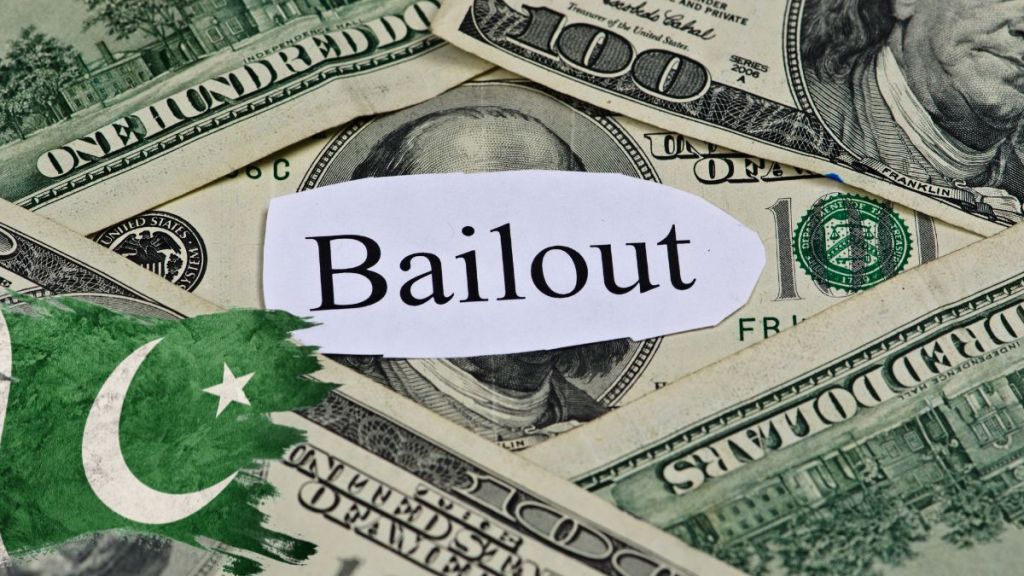The International Monetary Fund has outlined several new conditions for Pakistan to receive bailout funds amid heightened tensions with India. The UN agency also noted that a further deterioration of ties could “heighten risks to the fiscal, external and reform goals of the programme”. The 11 new conditionalities included approval of a new Rs 17.6 trillion worth budget for 2025-26 in line with IMF staff agreement to meet programme targets.
According to a report by the Pakistan-based Express Tribune, the list of changes also include publishing a governance action plan, and notifications of electricity tariff rebasing and gas tariff adjustments. These conditions have to be met by the country before its next review of the Extended Fund Facility in September.
The announcement comes days after the IMF approved a $1 billion bailout for Pakistan — drawing sharp disapproval from India — in the midst of Operation Sindoor. A Reuters report from early May indicates that India had also asked the IMF to review loans disbursed to Pakistan soon after the Pahalgam terror attack.
The IMF had reviewed its $1 billion EFF lending programme on May 9 and also considered a fresh Resilience and Sustainability Facility lending programme worth $ 1.3 billion for Pakistan. The recent review approval brings disbursements to $ 2 billion within the $ 7 billion programme for Pakistan.
What are the other curbs imposed by IMF?
A Staff Level report by the IMF released on Saturday said the Pakistani side has been asked to implement the new Agriculture Income Tax laws through a comprehensive plan, including the establishment of an operational platform for processing returns, taxpayer identification and registration, a communication campaign, and a compliance improvement plan, Express Tribune reported, citing the IMF report. The deadline for it is June this year.
Pakistan has also been asked to publish a governance action plan based on the recommendations of the Governance Diagnostic Assessment by the IMF. According to the Express Tribune, the purpose of the report is to publicly identify reform measures to address critical governance vulnerabilities.
The subsequent condition states that the government will give annual inflation adjustment of the unconditional cash transfer programme to maintain people real purchasing power.
The IMF staff report also put a conditionality on Pakistan to prepare and publish a plan outlining the government’s post-2027 financial sector strategy, outlining the institutional and regulatory environment from 2028 onwards.
Four new conditions have been introduced in the energy sector and the IMF has also outlined a conditionality for Pakistan to prepare a plan based on the assessment conducted to fully phase out all incentives in relation to Special Technology Zones and other industrial parks and zones by 2035.
The IMF has also asked Pakistan to submit to the Parliament all required legislation for lifting all quantitative restrictions on the commercial importation of used motor vehicles (initially only for vehicles less than five years old by end of July. The rationale behind putting this condition is to liberalise trade and increase vehicle affordability.
(With inputs from agencies)


